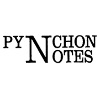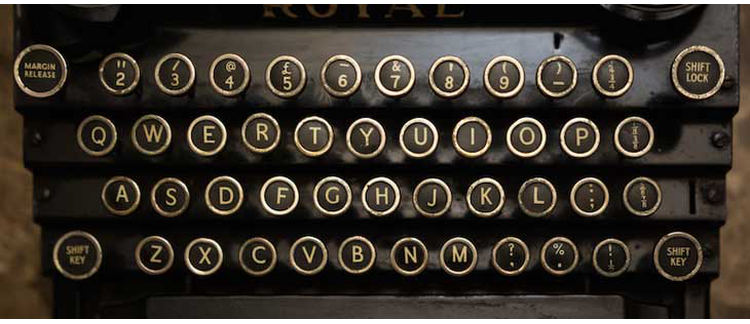Abstract
We can distinguish two main strands in the critical discourse that circulates around the question of politics in Gravity's Rainbow. On the one hand, critics focus on thematic concerns: the critique of colonialism, Western Civilization, totalitarianism, industrial Capitalism, and the politics of the interplay between the Firm and the Counterforce or the Elect and the Preterite. On the other, they attempt to infer a radical politics either from the heteroglossia of countercultural voices in the text or, from a more theoretical perspective, from the text's lack of closure, the way its fragmentary structure resists totalization. Little attention has been given to the important role the idea of the state plays in the text. This is surprising particularly since throughout the novel we are presented with elaborate theories and tantalizing models of an ideal state: the "giant factory-state" of the "Raketen-Stadt" (674); the "Rocket-state" that "spans oceans and surface politics, sovereign as the International or the Church of Rome" (566); Tchitcherine's transitory "mortal State" (338); Franz Pökier's dream of a "Corporate City-state" based on Fritz Lang's Metropolis (578); Wimpe's vision of the cartel as the '''model for the very structure of nations'" (349); and the "dream world" (429) of Zwölfkinder. Even Slothrop is "as properly constituted a state as any other in the Zone" (291).
How to Cite:
Crowley, D., (1998) “"Before the Oven": Aesthetics and Politics in Gravity's Rainbow”, Pynchon Notes , 181-198. doi: https://doi.org/10.16995/pn.148
Downloads:
Download PDF

